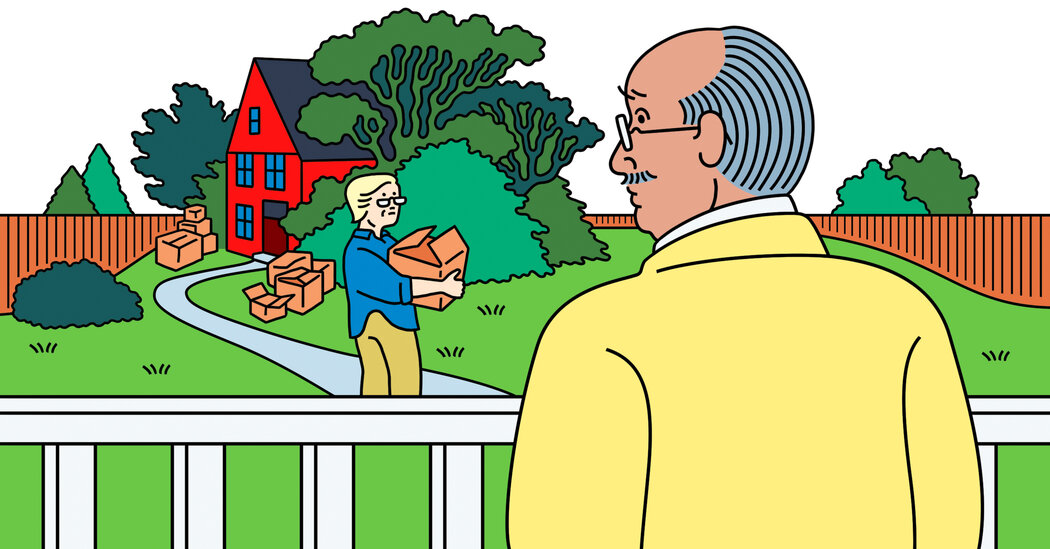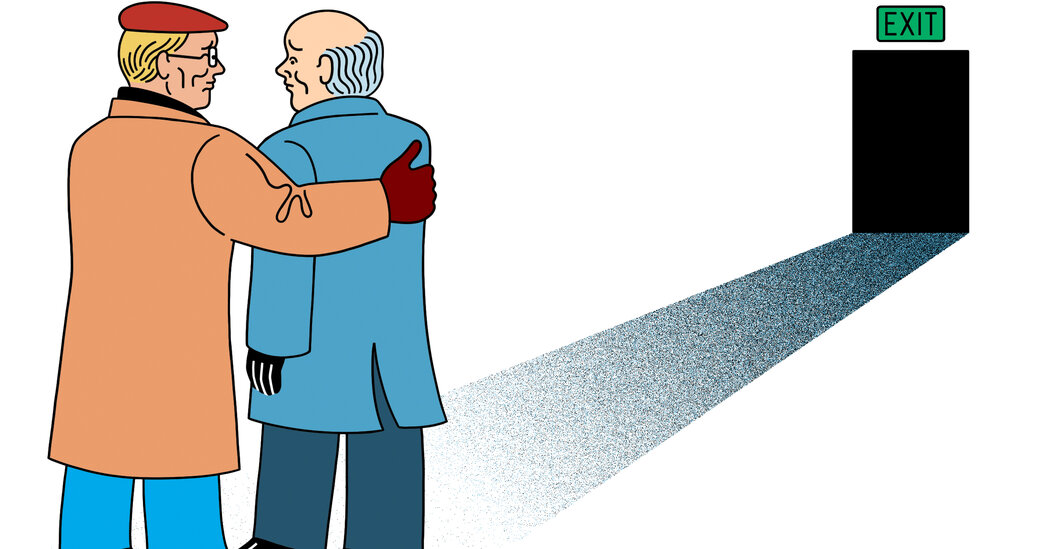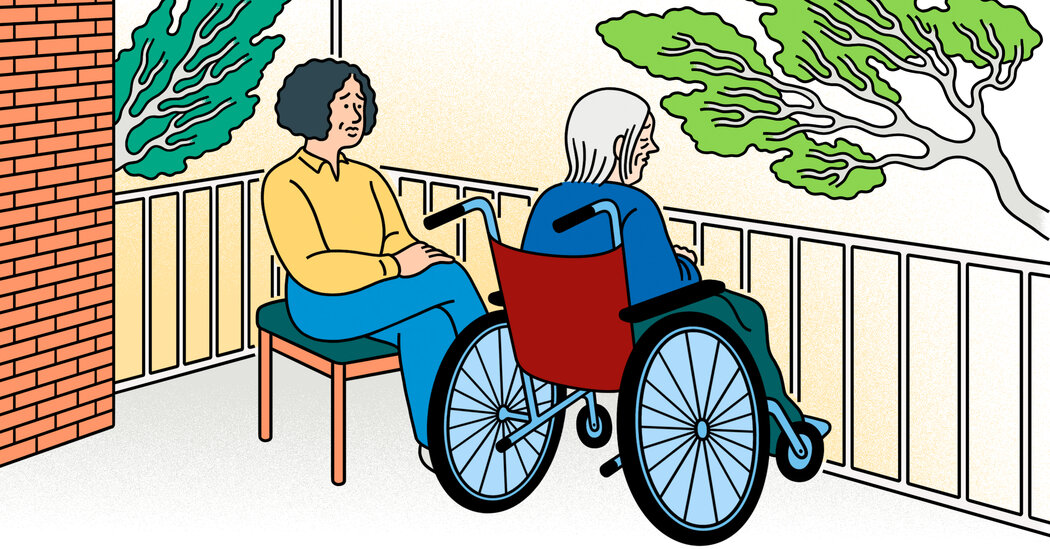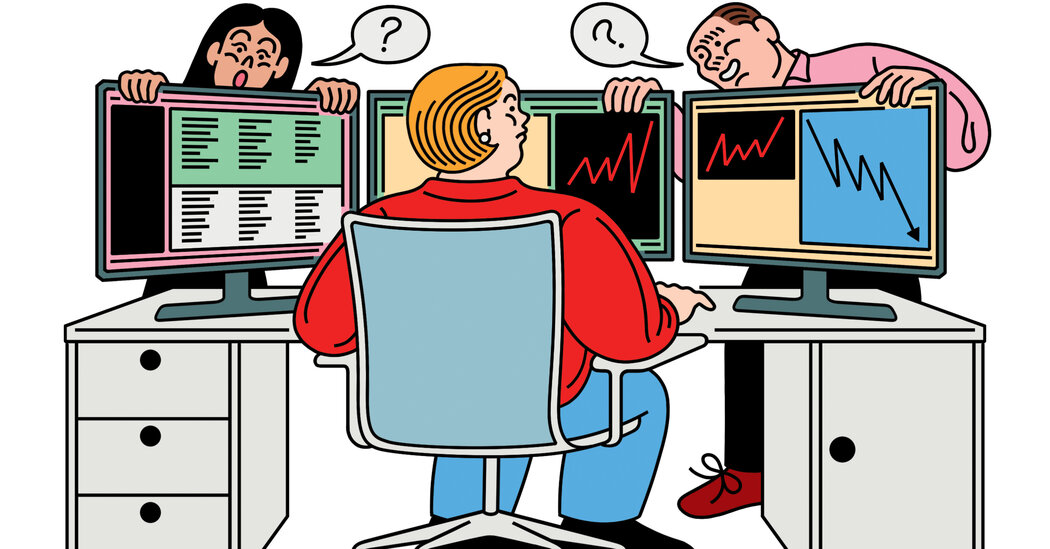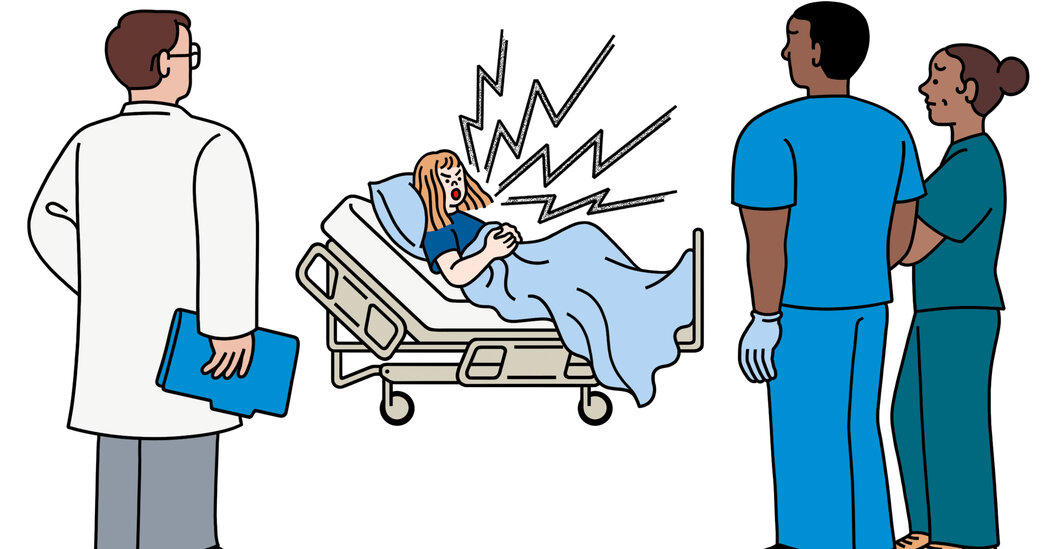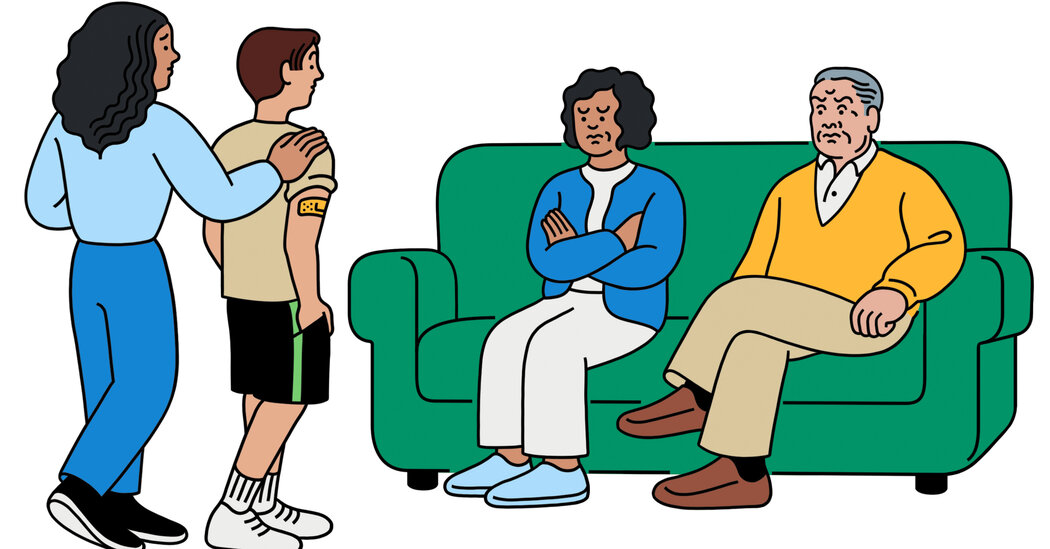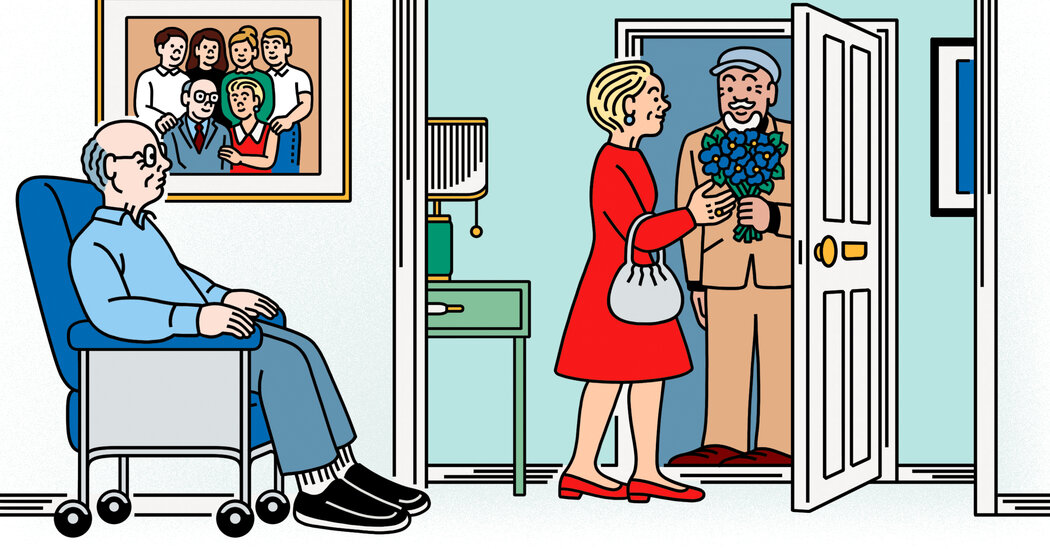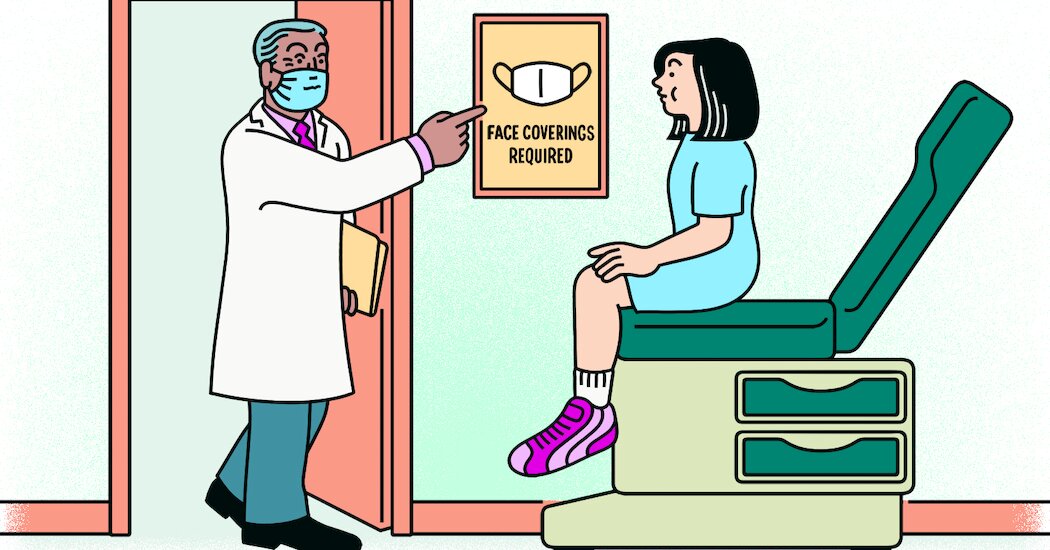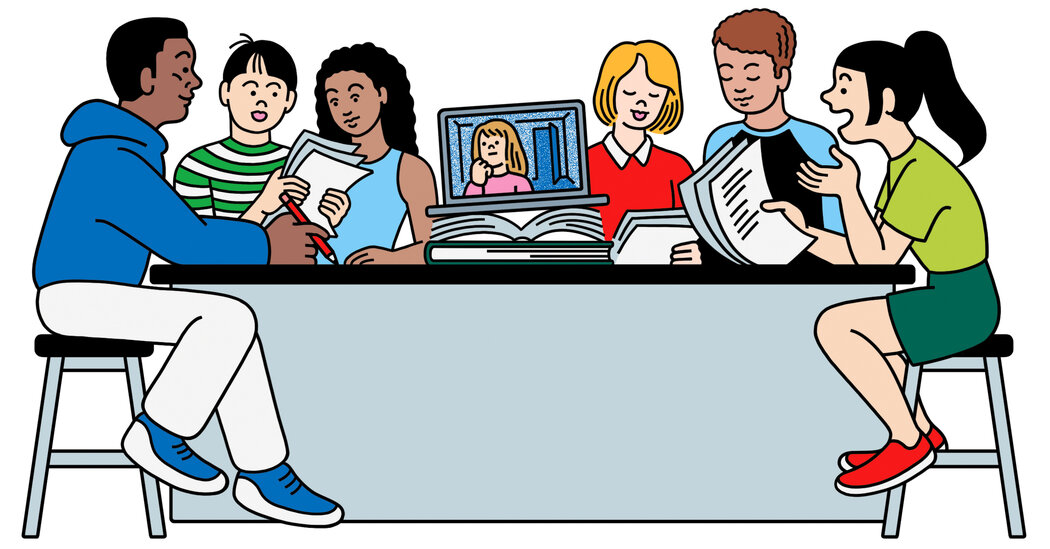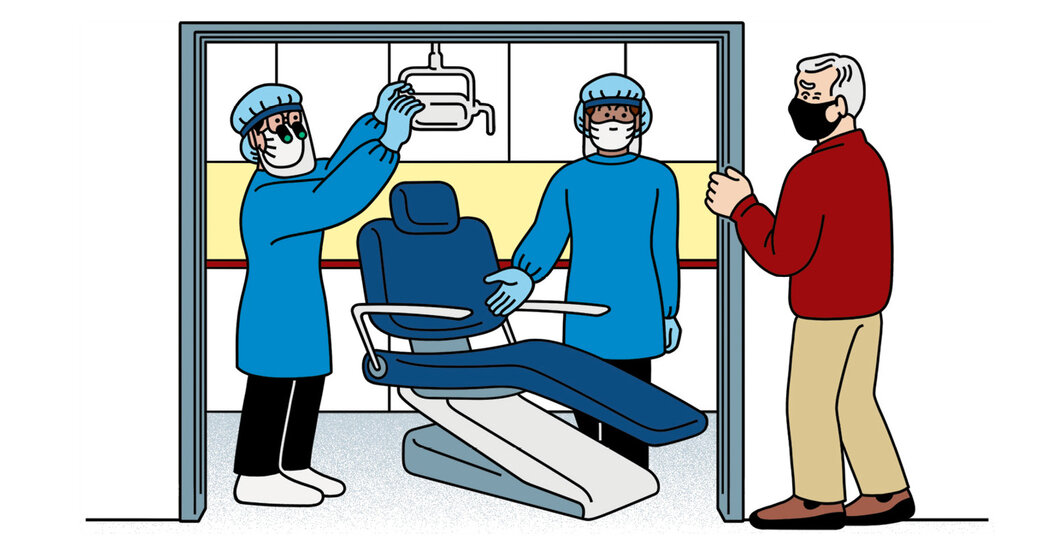The magazine’s Ethicist columnist on what we gain from making hard choices.My brother is 16 and lives with my parents. I am in my 30s and live several hours away. We have good relationships with one another, although my parents are extremely anti-Covid vaccine and anti-mask. They cannot be reasoned with over the issue.After the Delta surge died down, I went home to visit. My brother — who is no rebel — asked for my help to get vaccinated because my parents would not let him.I filled out the paperwork and accompanied him to the appointments as if I were his parent. This was illegal, but I thought it was the right thing to do. Although my brother is not legally an adult, he is competent to make this choice; if I had refused to help and my brother had become severely ill or died of Covid, I don’t know that I could have forgiven myself.My parents just found my brother’s vaccine card, and the truth came out. They blame me, and I am second-guessing myself. Did I do the right thing? I thought so at the time. I realize now I should have tried to talk to them first (even if it was impossible to convince them), and I should have come clean to my parents after the fact. I have broken their trust, and my father isn’t speaking to me now.Was I wrong? And more important, how do I fix this? Name Withheld, TexasThe philosopher Ruth Chang has a theory about “hard choices.” Hard choices, in her account, arise when your options aren’t equally good but none is better overall. They’re good and bad in different ways.You had sound reasons for making the choice you did. Your brother, you say, was competent to opt for vaccination, and in some states, he’d be legally entitled to. As his much older sibling, you rightly feel a special sense of responsibility when it comes to his care. The authorized Covid-19 vaccines are safe and effective at bringing down rates of infection and transmission and at significantly reducing the chance of serious illness. Your parents’ views on this topic are flatly wrong.To be sure, a 16-year-old with no special medical conditions isn’t likely to suffer severe illness from Covid; your concerns for his welfare may have been overblown. Still, he should have been allowed to get vaccinated, whether to protect others or to alleviate his anxiety about his own risks. In helping him to make this happen, you were doing something your parents should have been willing to do for him — and for themselves and their community.It’s when we are making hard choices that we become ‘the authors of our own lives.’Yet had you declined to help your brother get vaccinated, you would have been justified too. It’s certainly a problem that what you did violated a reasonable law issued by a legitimate authority. And it was disrespectful to your parents; you indeed betrayed their trust, in defying their strong (albeit misguided) wishes.To see it from your parents’ point of view, imagine that you have two kids. Your son wants to get treated by a traditional healer who serves a god your religion believes it is sinful to honor, and his big sister, who worships that god, too, arranges for this. She has provided a treatment for your son that served no purpose. Worse, she led him to betray his faith. It would be natural for you to feel resentment. The point is that for some people, opposing what we know to be sensible public-health measures is central to their identities, in the way religion can be. That’s deeply unfortunate. But it’s important in understanding your parents’ reaction. If you had helped your brother get a fake ID, I suspect, your father might have been mad, but you’d be back on speaking terms. In this instance, you showed not only that you disagreed with your parents about their views but also, more wounding, that you didn’t trust them to look after your brother — to fulfill the basic responsibilities of parenting.Many people are drawn to a bookkeeping model of morality: Tot up a row of numbers, determine whether there’s a plus or a minus in front of the sum and proceed with no regrets. Suppose that, owing to personal or public obligations, you have to tell a lie. The moral bookkeepers would assure you: The math works out, your conscience is clean, don’t give it a second thought. The greater wisdom is in both regretting the deception and understanding why it was justified. With hard choices, there’s no option that’s best in every way. We can, coherently, feel bad about actions we would not undo. It speaks well of you, as a loving child and as a caring sibling, that you’re uneasy. I can see why you didn’t simply start by trying to persuade your parents to let your brother get vaccinated. You’ve plainly had unrewarding conversations with them about these issues and found that they are firmly in the grip of their delusions. Telling them about your intentions in advance would have been respectful but surely futile; indeed, they may have taken steps to keep your brother out of your hands. Still, if you hadn’t had a conversation in advance, it would, I agree, have been more respectful to come clean once it was done. So tell your parents that you acted out of love and concern for your brother but that you understand and are sorry that you betrayed their trust. Of course, you’re sorry too that your parents have these gravely mistaken views — but you don’t need to say so, because they know it already. Often we face choices where we can reason our way to one clear answer. We can then say that we’re “complying” with what moral reason dictates. But sometimes complexity swamps compliance: We simply have to turn inward for guidance and own our decisions. In fact, Chang argues, it’s when we’re making hard choices that we become “the authors of our own lives.” We decide what we’re for — we decide who we are. Helping your younger brother get vaccinated and setting out to repair your relations with your parents aren’t self-canceling impulses; they’re self-defining ones.I’m writing from a nonprofit Zen center, technically a church in the eyes of the I.R.S. We’ve been holding monthly board meetings by Zoom, and one member has been attending in a state of inebriation. The meetings start midmorning and last up to two hours. During that time, the officer drinks from a cup, and her speech becomes increasingly slurred. All of the board members, including the officer in question, are members of our church, and all are highly regarded. Our ethics policy discourages intoxication at the center, but doesn’t refer to Zoom meetings.As a church, we are inclined to be as accepting as possible, but the behavior is disturbing. Her intoxication also causes her to become argumentative. On the other hand, isolating her, by removing her from the board, is not an appealing solution, and she does occasionally have good suggestions. Her term was recently renewed.All of us think that turning difficult members away is more harmful than keeping them close. And the situation is aggravated by the pandemic. We are meeting in person for meditation and services, but not for board meetings, and perhaps we ought to. How should we deal with this? Name WithheldThe issue isn’t so much whether this woman is keeping to the ethics rules as whether she’s OK, and plainly she isn’t. You’re not a canasta club; you’re a Zen center, one that’s presumably devoted to contemplative care and support for participants. It’s entirely appropriate for members to try to help a peer who has an unacknowledged difficulty. You’ll be doing her a favor if you can get her to recognize that she has a problem and that your community will support her if she sets herself on the path to recovery. Not that you’ll want to bring this up at a virtual board meeting. Taking her aside after an in-person one would be easier. And you don’t have to wait for an in-person board meeting if she’s coming to services and meditation. There are ways of raising the issue that are gentle, firm and loving. Her first reaction may be a mixture of embarrassment and denial, and it may take more than one conversation. But surely you believe that zazen is among the practices that can assist in the hard work of breaking an addiction. You’ll be helping your group by supporting a struggling member.Kwame Anthony Appiah teaches philosophy at N.Y.U. His books include “Cosmopolitanism,” “The Honor Code” and “The Lies That Bind: Rethinking Identity.” To submit a query: Send an email to ethicist@nytimes.com; or send mail to The Ethicist, The New York Times Magazine, 620 Eighth Avenue, New York, N.Y. 10018. (Include a daytime phone number.)
Read more →

